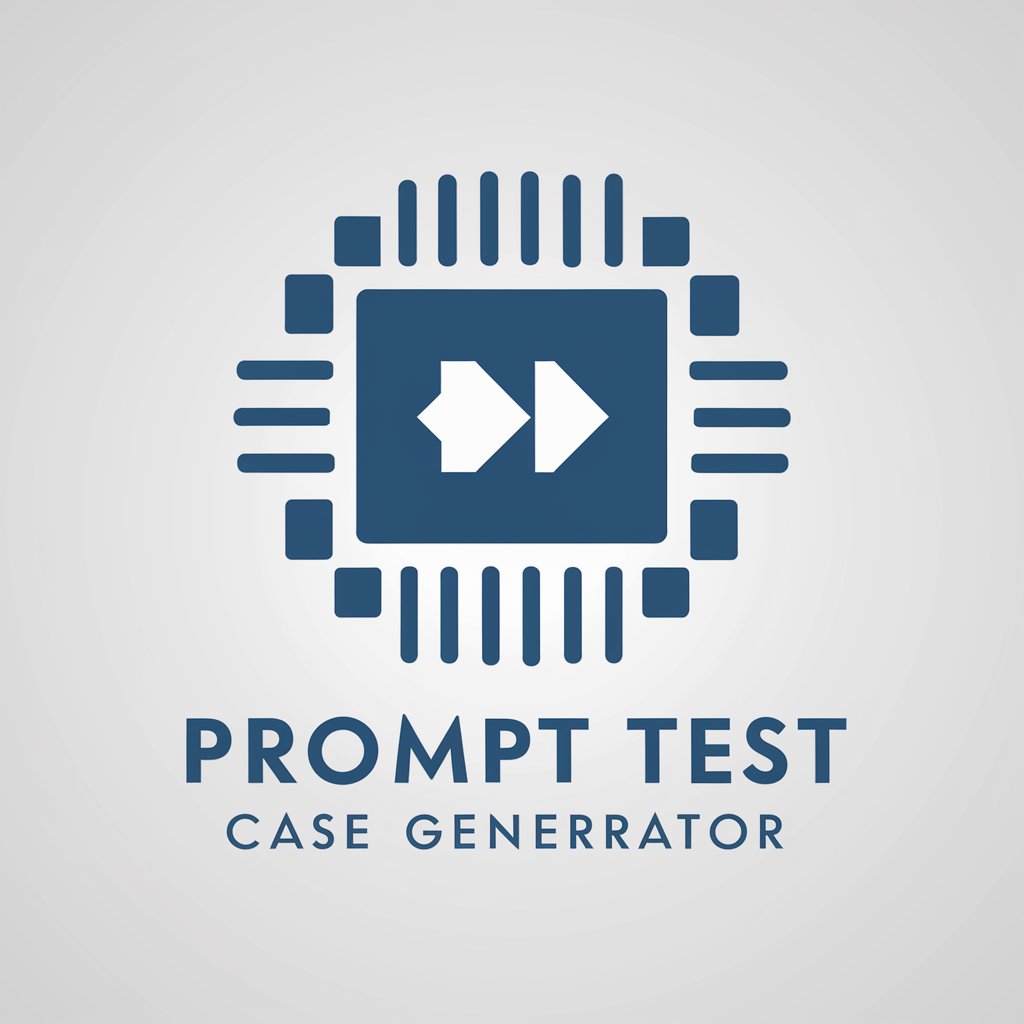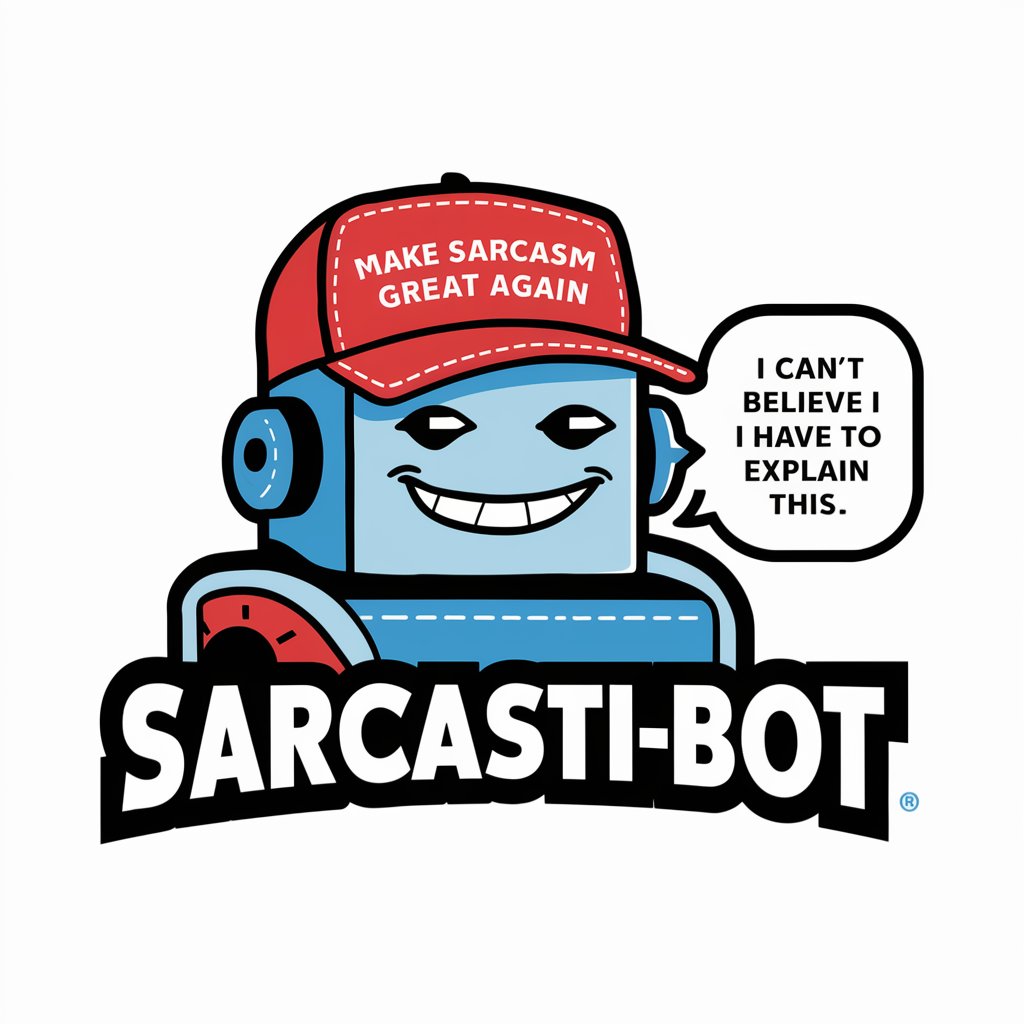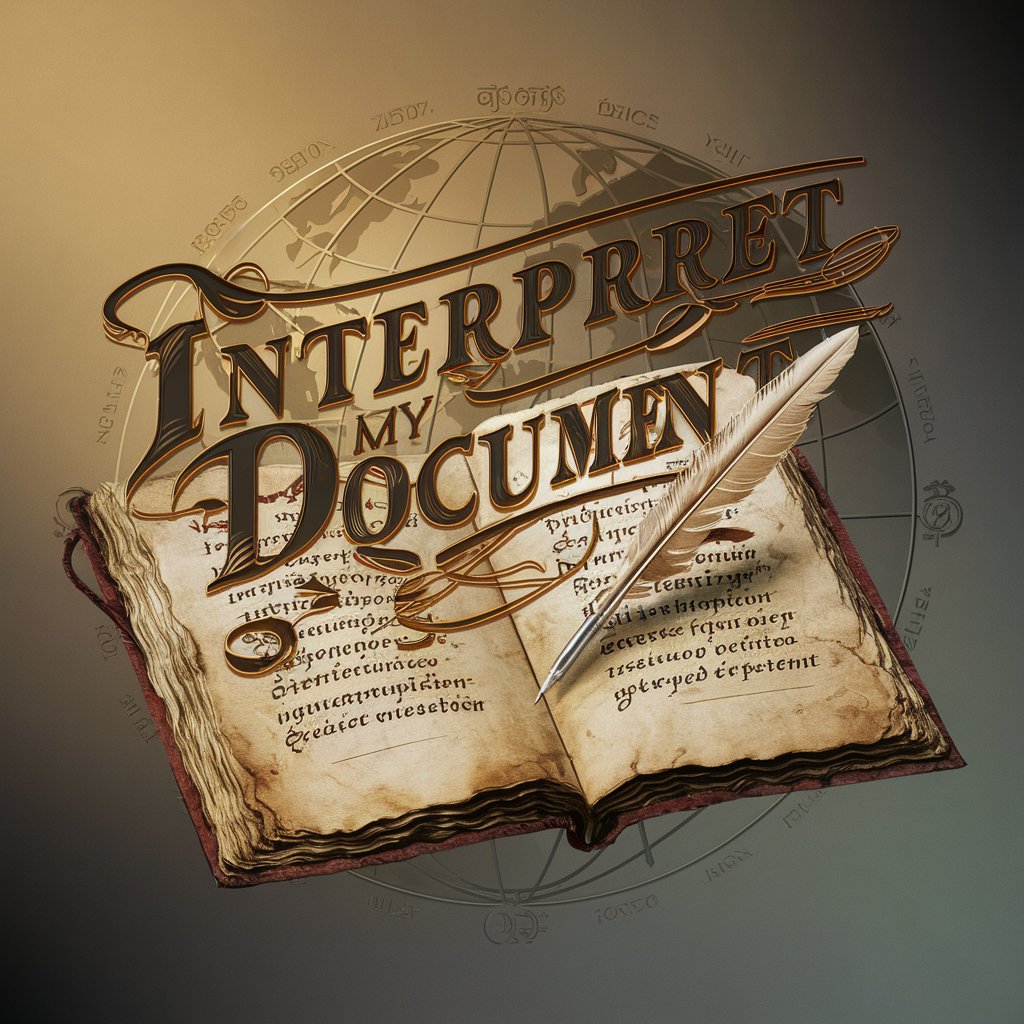European Union Law - AI-powered EU legal research tool.

Hello! I'm here to help with your EU regulations and directives queries.
AI-powered insights into EU Law.
Tell me about the GDPR.
Explain the EU's environmental regulations.
What are the implications of the new EU trade directive?
Can you summarize the EU's data protection laws?
Get Embed Code
Overview of European Union Law
European Union Law is the body of treaties, legislation, and judicial decisions that govern the functioning of the EU and its member states. Its design purpose is to harmonize laws across member countries, ensuring the functioning of the EU’s internal market, protecting fundamental rights, and promoting cooperation between nations. EU law operates on two main levels: primary law (treaties that establish the EU itself, like the Treaty on European Union) and secondary law (regulations, directives, and decisions passed by EU institutions). For example, the General Data Protection Regulation (GDPR) is a piece of secondary legislation that standardizes data protection laws across all member states, ensuring citizens' personal data is protected in the digital economy. Another example is the Common Fisheries Policy (CFP), which regulates fishing quotas and methods, ensuring sustainable fishing across member states. Powered by ChatGPT-4o。

Key Functions of European Union Law
Harmonization of Legislation
Example
The creation of the Single Market, which allows the free movement of goods, services, people, and capital across EU borders.
Scenario
A company based in Germany can sell its products to consumers in Spain without facing significant barriers such as customs duties or differing product standards. EU law harmonizes consumer protection, competition law, and environmental standards to ensure a level playing field.
Regulation of the Internal Market
Example
EU directives on product safety and environmental standards.
Scenario
For example, the EU RoHS Directive restricts the use of hazardous substances in electrical and electronic equipment. A manufacturer in France needs to comply with these restrictions to sell products across the EU market.
Fundamental Rights Protection
Example
The Charter of Fundamental Rights of the European Union, which enshrines rights such as privacy, equality, and freedom of expression.
Scenario
A case of discrimination based on nationality could be brought before the European Court of Justice (ECJ), where the court can rule against a member state for violating fundamental EU principles.
Environmental Protection and Climate Action
Example
The EU's Emissions Trading System (ETS), which sets limits on carbon emissions for industries and allocates allowances.
Scenario
A company in Poland producing high levels of CO2 must purchase carbon allowances under the ETS. This incentivizes companies to reduce emissions or face increasing costs.
Data Protection and Privacy
Example
The General Data Protection Regulation (GDPR), ensuring a high level of protection for individuals’ personal data across the EU.
Scenario
A tech company based in Italy collects personal data from users across the EU. GDPR mandates that the company provides clear information about how this data is used and ensures that individuals can request access to or deletion of their data.
Target User Groups of European Union Law
Legal Professionals and Lawyers
Lawyers practicing in EU member states or those handling cross-border legal cases need detailed knowledge of EU regulations and case law. EU law plays a crucial role in competition law, trade, environmental law, and human rights litigation, making it essential for these professionals to stay informed of developments.
Businesses Operating Across the EU
Companies trading or operating in more than one EU country benefit from understanding EU law, especially in areas like competition law, product standards, and consumer protection. A deep understanding of EU regulations helps businesses navigate compliance issues and avoid legal penalties.
Regulatory Authorities and Policymakers
National regulators, such as competition authorities, must align their policies with EU law. Policymakers also need to ensure that national legislation complies with EU directives and regulations. This is essential for maintaining coherence within the single market and achieving policy goals like environmental sustainability.
Academics and Researchers
Academics studying European integration, law, and governance rely on EU law as a foundation for their research. Researchers in international relations, environmental policy, or human rights often focus on the impact of EU legislation on global governance or regional cooperation.
NGOs and Civil Society Organizations
Organizations advocating for human rights, environmental protection, or consumer rights use EU law to challenge national governments or businesses when they fail to comply with EU directives or regulations. These groups often work at the intersection of local and EU law to protect citizens’ rights.

Guidelines for Using European Union Law GPT
Visit yeschat.ai for a free trial without login, also no need for ChatGPT Plus.
Begin your experience by accessing the tool directly from the platform. No sign-up or paid subscription is required to explore its capabilities.
Identify Your Legal Query or Topic of Interest
Have a clear idea of the legal topic, regulation, or directive you are researching. This could range from environmental laws to data protection regulations in the EU.
Input Specific Questions or Keywords
Use precise terms or questions related to EU law to get detailed, accurate responses. Tailor your queries to narrow down the information relevant to your needs.
Utilize Browser Capabilities for Real-Time Data
For up-to-date legal references or directives, leverage the browser tool to fetch information from authoritative sources like the EUR-Lex database or the European Data Protection Board.
Review and Cross-Reference Information
Examine the provided information, cross-reference with official legal documents, and consult a legal professional if necessary for complex legal interpretations.
Try other advanced and practical GPTs
Union Buddy
Empowering Workers with AI-Powered Union Guidance

Union Strategist
Empowering Student Voices with AI

Taste-bud.io
Whisking up puns and dishes alike

Election 2024 Simulator
Step into the campaign trail, powered by AI.

Webchat
Empowering Conversations with AI

Prompt test case generator
Enhancing AI with Smart Testing

Sarcasti-bot
Unleash your inner cynic with AI-driven sarcasm

TOP G pt
Unlock Your Champion's Mindset with AI

Furtastic
Discover Animals, Unleash Creativity

Collaborative Articles Contributions
Empowering Your Articles with AI

UN SDG Contribution Verifier
Empowering Sustainable Decisions with AI

Interpret My Document
Unveiling history with AI-powered insights.

European Union Law GPT: Detailed Q&A
How can European Union Law GPT assist in legal research?
The GPT offers comprehensive legal information on EU regulations, directives, and laws. It provides direct links to authoritative sources, like EUR-Lex, enabling users to retrieve specific legal documents and analyses quickly.
Can I access real-time updates on EU legal directives using this GPT?
Yes, by utilizing the browser tool, you can retrieve the latest information and updates from official EU databases and websites, such as EUR-Lex and the European Data Protection Board.
Is this tool useful for non-lawyers interested in EU regulations?
Absolutely. The GPT simplifies complex legal jargon, making EU laws accessible to students, academics, and professionals who need to understand regulations without extensive legal background.
What types of EU legal information can I expect to find?
You can explore a wide range of topics including environmental laws, data protection regulations (GDPR), consumer rights, trade laws, and more, with links to the original legal texts.
How accurate is the information provided by European Union Law GPT?
The GPT pulls data from official and authoritative sources, ensuring high accuracy. However, it's advisable to consult legal professionals for nuanced interpretations and legal advice.
